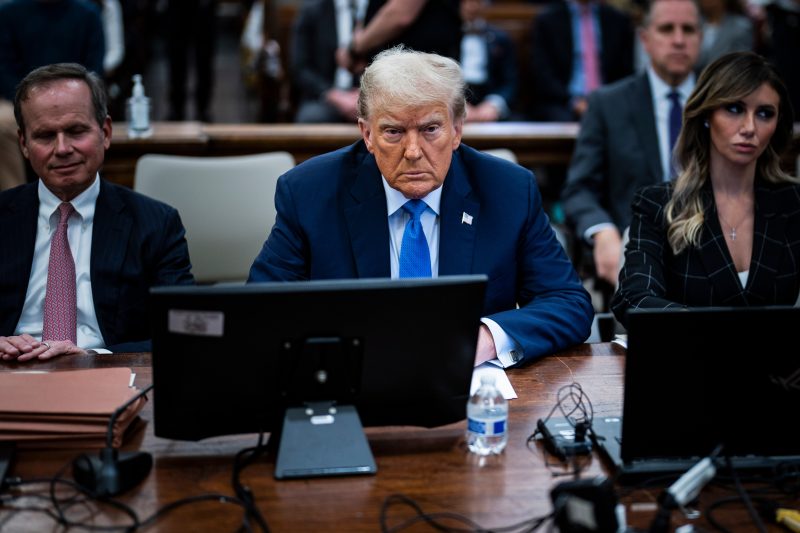In a recent legal case involving former President Donald Trump and his claim of absolute immunity from civil lawsuits, critics and legal experts have expressed frustration and concern over the precedent it may set. This controversial claim of immunity has stirred debate among legal circles and raised questions about the limits of executive power.
The case in question stems from a lawsuit filed by E. Jean Carroll, a writer who alleged that Trump defamed her by denying her accusation of sexual assault. Trump’s legal team has argued that the former president cannot be sued for defamation because he was acting within the scope of his official duties when he made the statements in question. This assertion of absolute immunity has been met with skepticism and pushback from legal experts who see it as an overreach of executive power.
Some legal scholars argue that the idea of absolute immunity for a sitting president is not supported by the Constitution or legal precedent. They point out that while the president does have certain legal protections while in office, those protections are not unlimited. In this case, critics argue that Trump’s statements denying the sexual assault allegations were outside the scope of his official duties and should not be shielded from legal scrutiny.
Others express concern about the broader implications of Trump’s immunity claim. If the former president is successful in establishing absolute immunity in this case, it could set a dangerous precedent for future presidents and undermine the ability of individuals to hold their leaders accountable for wrongdoing. Critics worry that expanding the scope of presidential immunity could erode the checks and balances that are essential to a functioning democracy.
Despite these concerns, Trump’s legal team remains steadfast in their defense of his immunity claim. They argue that allowing civil lawsuits to proceed against a sitting or former president could open the floodgates to frivolous litigation and distract leaders from their official duties. They maintain that Trump’s denial of the sexual assault allegations was made in his capacity as president and should therefore be protected.
As the legal battle over Trump’s immunity claim continues to unfold, it raises important questions about the balance of power between the executive branch and the judiciary. The outcome of this case could have far-reaching implications for presidential accountability and the rule of law in the United States. In the face of these challenges, it is essential for legal experts, lawmakers, and the public to closely monitor the proceedings and ensure that the principles of justice and accountability are upheld.
